A new coffee company called Cafe Don Mateo recently launched with direct sales of coffee that is grown and roasted in in Puerto Rico.
The coffees are grown and processed on Hacienda Don Mateo, a recently rehabilitated 250-acre farm outside of Utuado, Puerto Rico. The owner of both businesses is Matthew Naylor-Batista, who recently discovered his own ties to family and coffee in Puerto Rico through a DNA test.
Naylor-Batista, who was adopted as a baby, told Daily Coffee News that he felt compelled by powers he could not explain to visit Puerto Rico repeatedly, and ultimately to buy an abandoned farm property.
“I’d never had one cup of coffee in my life when I bought the farm,” Naylor-Batista recently told Daily Coffee News.
In 2017, shortly after the purchase, DNA testing revealed the identity of his grandparents and great-grandparents, who were coffee farmers in Puerto Rico. The testing also discovered a half-brother about 15 minutes away from Naylor-Batista’s home in California.
“As I started to search, I learned that my biological father did not know his biological father,” Naylor-Batista said. “I found his biological father and three grandparents. They were all coffee farmers in the same area of the farm that I purchased. And so, this is what has come to Hacienda Don Mateo.”
In California, Naylor-Batista is president of Palm Springs-based Well In The Desert, a poverty prevention and services nonprofit. He also owns and a design and construction company called Architectural Blue, which specializes outdoor swimming pools.
Drawing from his construction experience, Naylor-Batista led a local crew in Puerto Rico to refurbish the farm, leaving as much of the desirable flora in place as possible. Situated at approximately 700 meters above sea level, Hacienda Don Mateo preserves the rich surface minerals of its subtropical terroir and also the habitat of two dozen species of birds, according to the owner.
“Everything that we do on that farm is done with love,” said Naylor-Batista. “We didn’t use big tractors to take the forest down. A lot of it we did by hand. You have to be careful with the soils because if you mess with the soil chemistry, then nothing is going to grow the way it should, or it’s going to grow weird, it will grow a different flavor. Those minerals that are in that topsoil are the most important part of it.”
In addition to protecting soil and birds, mature trees throughout the farm remained in place for shaded coffee growth. While striving to protect the land, Naylor-Batista is also trying to cultivate a nurturing environment for workers through above-average wages and sufficient staffing during the harvest.
Last year, these strategies culminated in the farm’s first commercial harvest, which resulted in approximately 25,000 pounds of green coffee and supported the commercial launch of Cafe Don Mateo in February.
Coffees are roasted in 20-pound batches in a Turkish-made Kuban roaster by neighbor and friend Juan José Pons, owner of Hacienda Pons, a coffee company in Lares founded in 1936 as Hacienda Buena Vista by Pons’ grandfather Pedro A. Pons Arbona.
Available in either a light, medium or dark roast, and in 10-ounce or 1-pound retail bags, Cafe Don Mateo is sold exclusively online and shipped to customers in the mainland U.S.
Starting in November, after the hurricane season, the company plans to offer farm tours and meals made with farm-produced ingredients such as bananas, mangoes, guavas and chickens.
“My goal as a farmer is not only to grow,” said Naylor-Batista. “It is to produce coffee that works off of keeping, and not destroying, our forest, to use as natural a process that I can, to put local people to work so it helps the local economy, and for the end consumer to be able to take the coffee and enjoy something that we’ve spent so much time getting to them.”
Comments? Questions? News to share? Contact DCN’s editors here.
Related Posts
Howard Bryman
Howard Bryman is the associate editor of Daily Coffee News by Roast Magazine. He is based in Portland, Oregon.



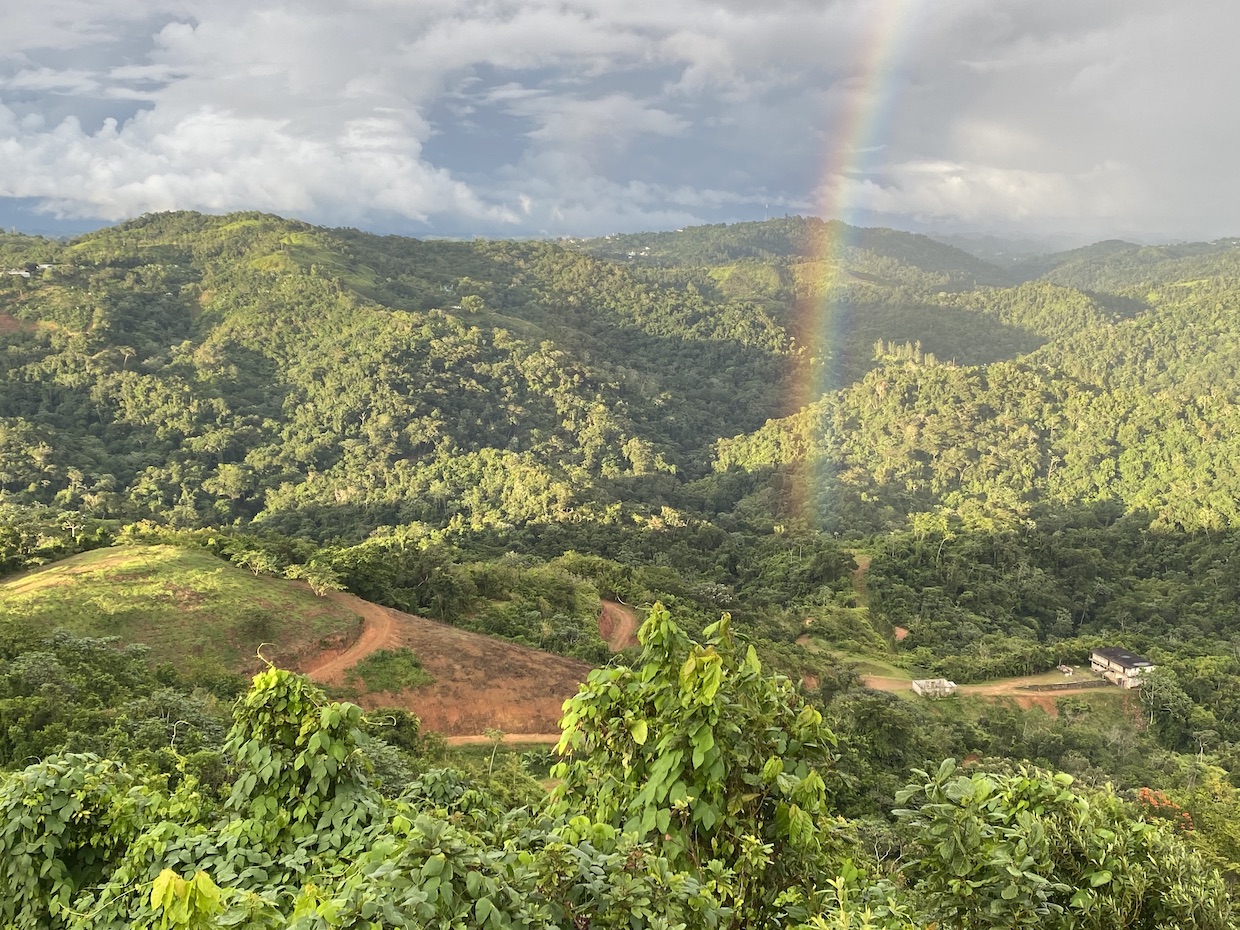
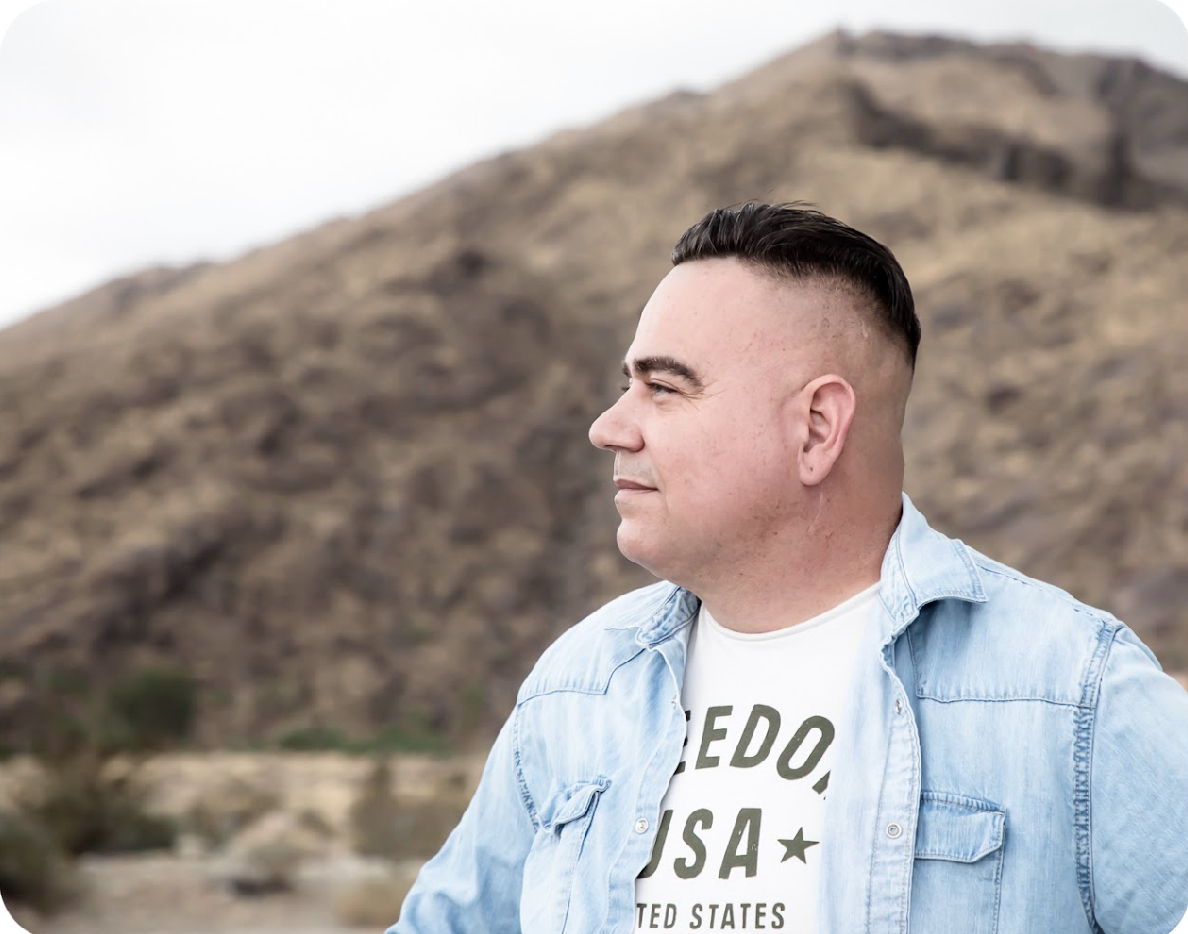
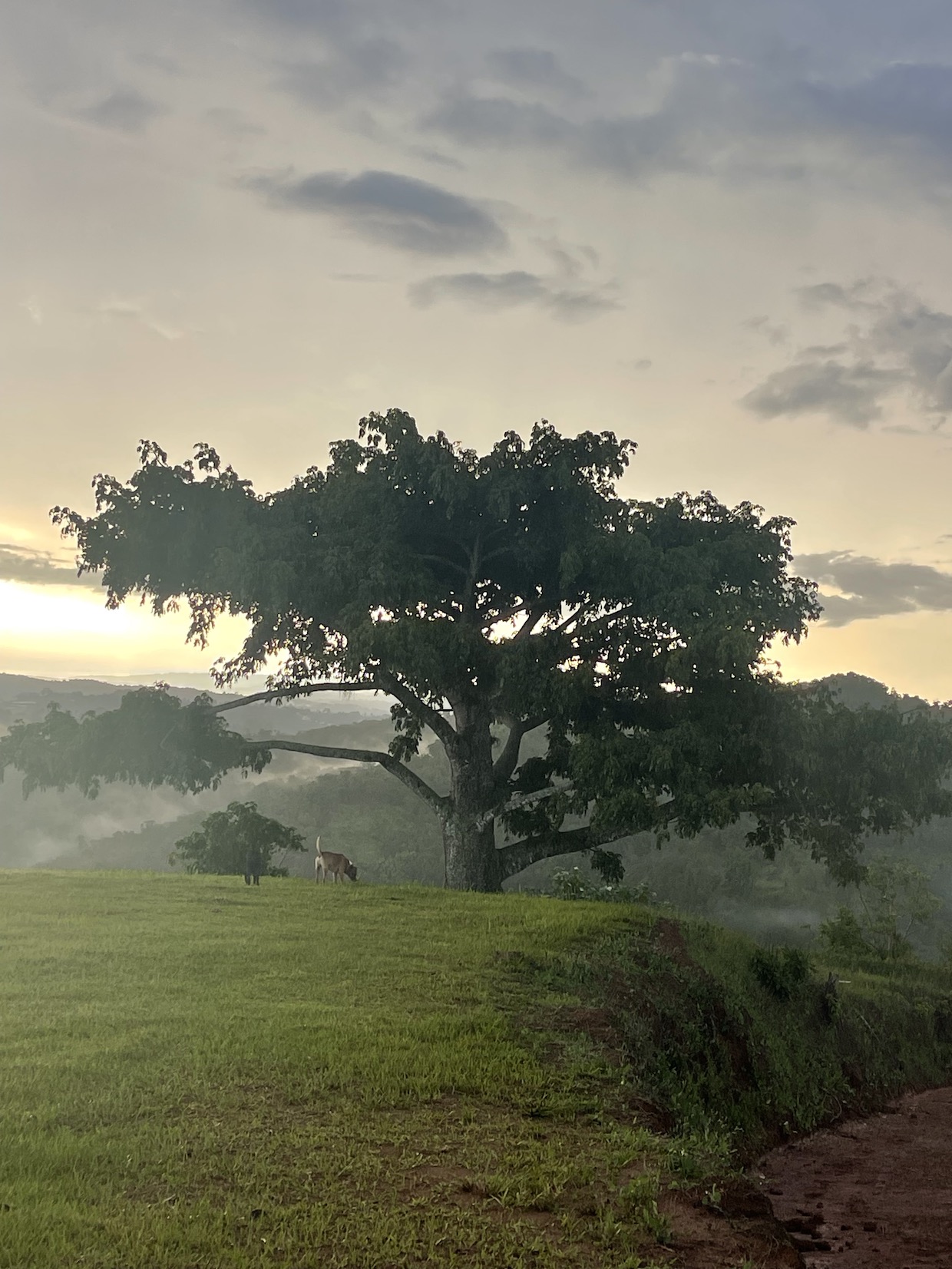
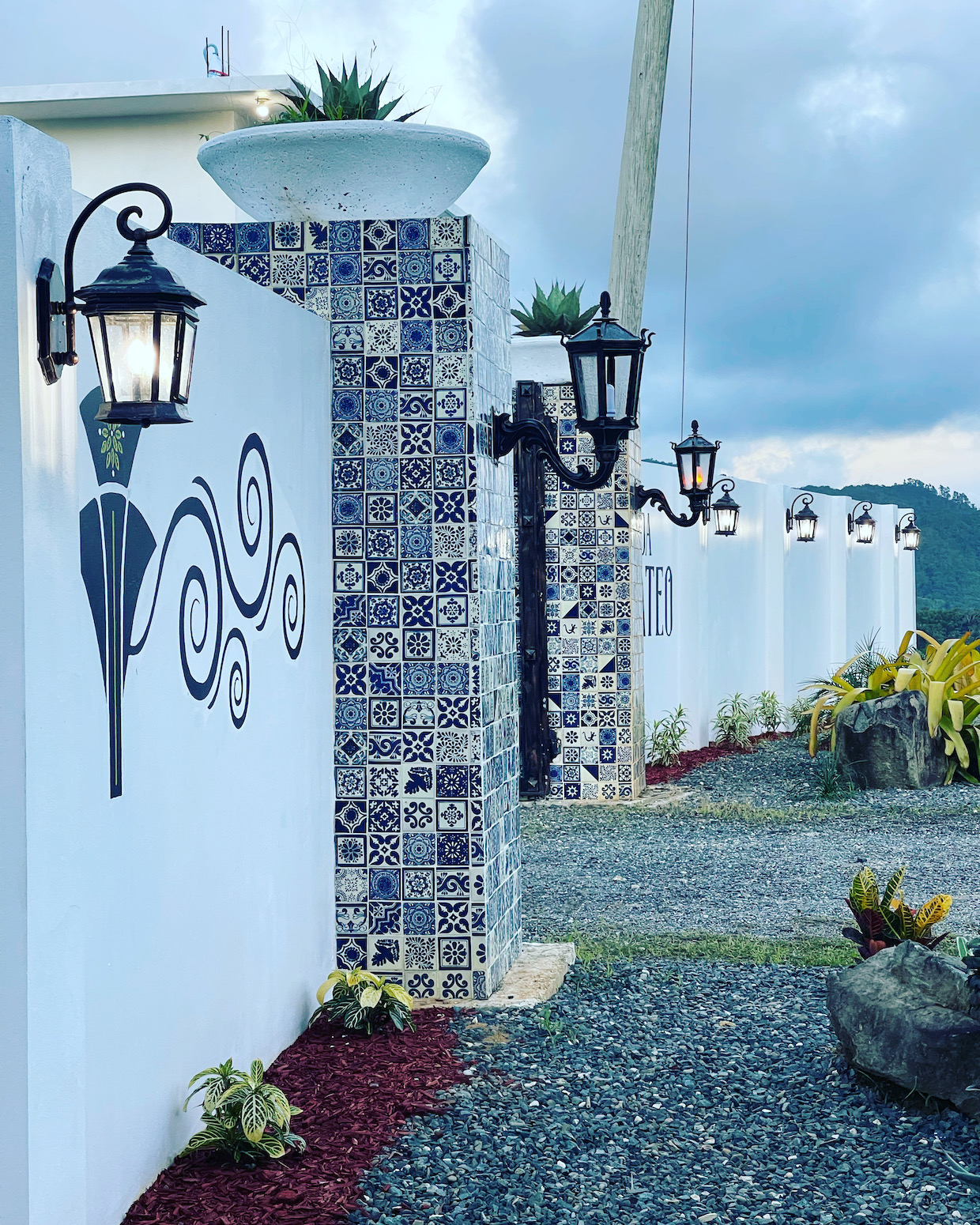
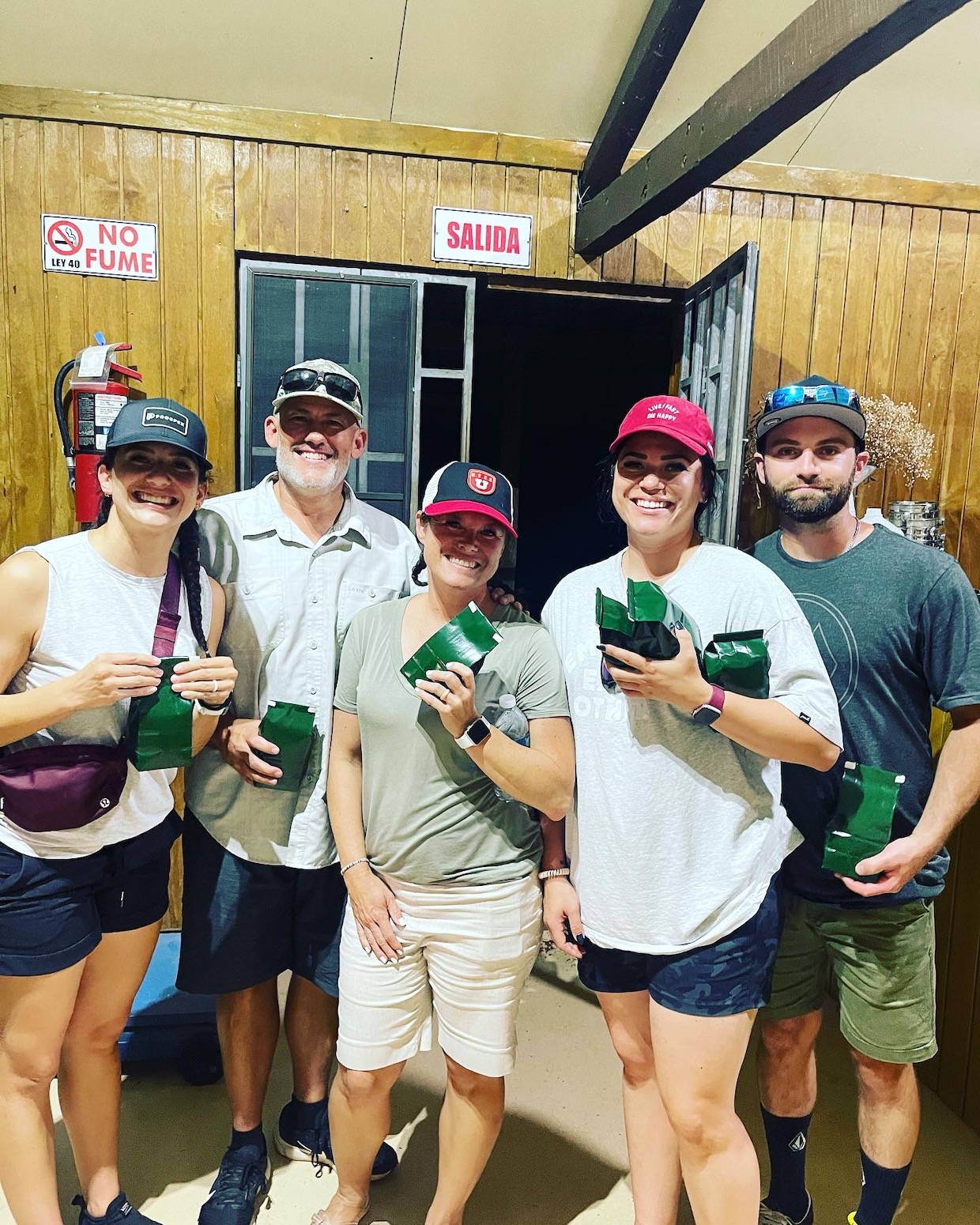



Comment